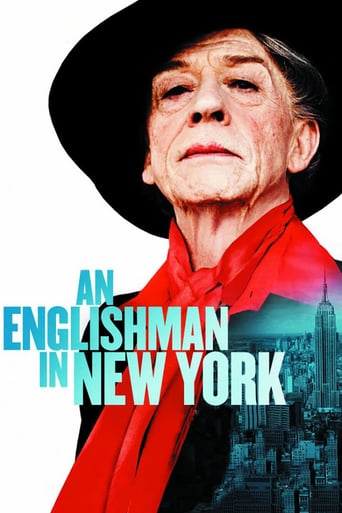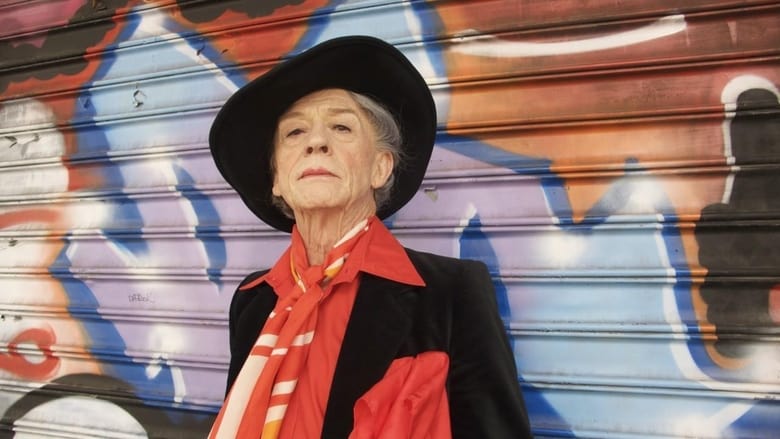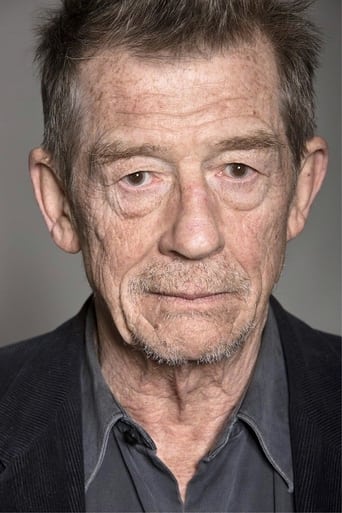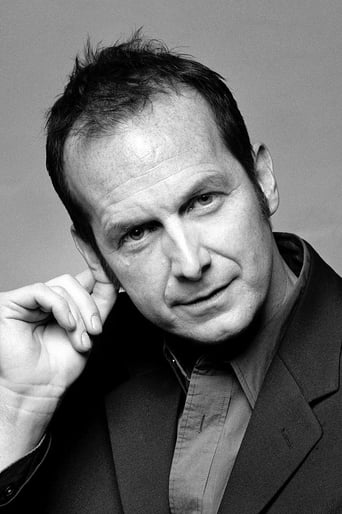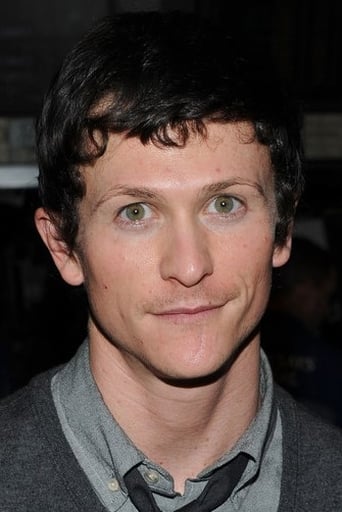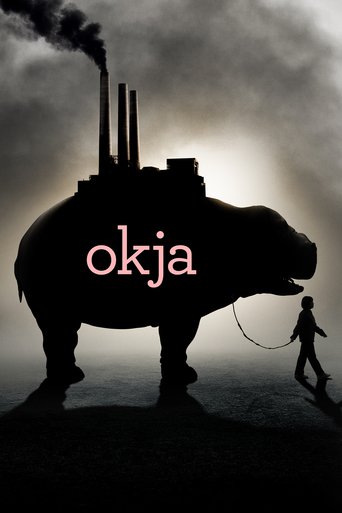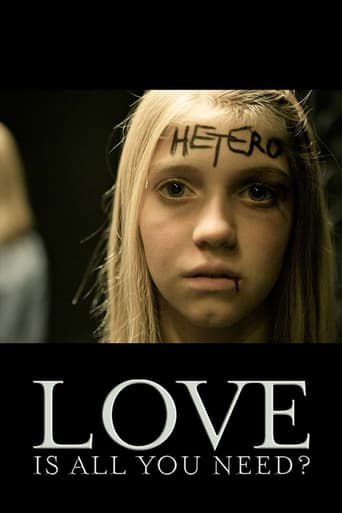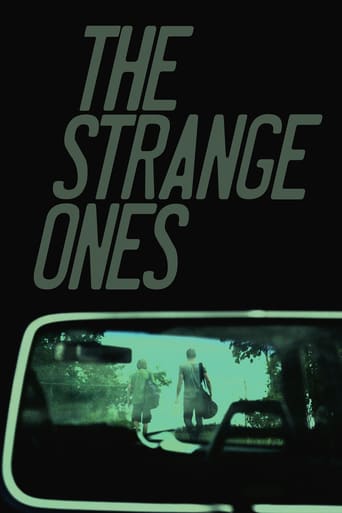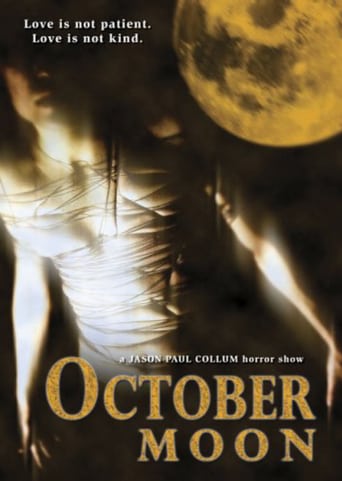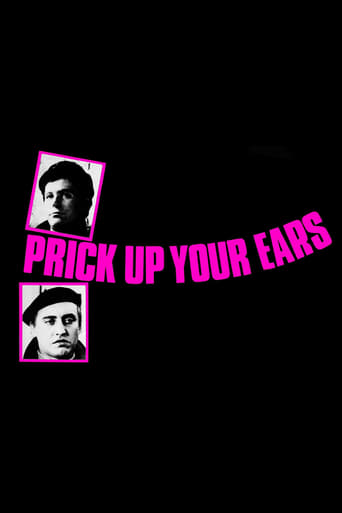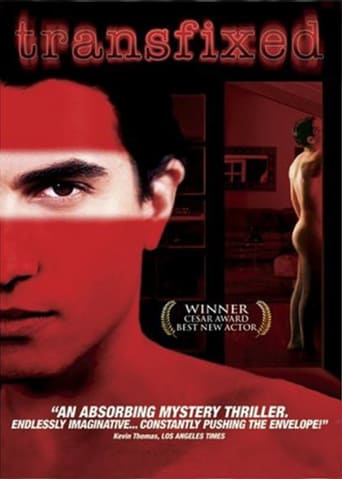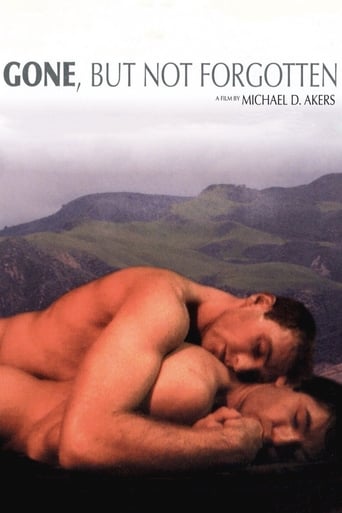An Englishman in New York (2009)
Biographical drama based on the last 20 years of Crisp's life. The literary figure and gay iconoclast emigrated to New York in 1981 and lived there until his death. The film observes Crisp in both his public and private lives, from his seemingly cavalier response to the outbreak of AIDS to his tender relationship with his friend Patrick Angus and his own response to growing old.
Watch Trailer
Cast


Similar titles
Reviews
Simply A Masterpiece
It is a performances centric movie
It's the kind of movie you'll want to see a second time with someone who hasn't seen it yet, to remember what it was like to watch it for the first time.
Through painfully honest and emotional moments, the movie becomes irresistibly relatable
John Hurt inhabits this character completely. This is not a sequel to The Naked Civil Servant, it is a continuation of the story of Quentin Crisp. Quentin Crisp was a flamboyant and insightful 'homosexual' who, after spending the first 73 years of his life in not-so-gay, olde England, moved to New York and was embraced by the art and literary communities there. He spoke in quotable soundbites that challenged the world's assumptions, and people's perceptions of each other through the stories he told.His live performances were more of Q and A between himself and the audience, as he never failed to provide an opinion about any idea presented to him.This film fearlessly bases it's integrity on John Hurt's performance and he doesn't let anyone down. Having played Crisp previously in a film based on Crisp's own book, The Naked Civil Servant, Hurt "leaves nothing unpacked" in his rendition of Crisp. When I think of Crisp now, I see John Hurt's face.Story-wise, I found this film very informative about a less-public time in the life of a courageously defiant man who refused to let society keep him in the closet, both in England and the U.S. Finally I got some clarity on why Crisp fell out of favour during the beginning of the AIDS crisis. It's unfortunate that Crisp's analysis of AIDS as a "fad" turned out to be true in some ways. Perhaps the disease isn't a fad, but certainly people's fear and behavioural changes were temporary, as we now see in increasing infection rates of young people. If only his insights weren't treated as simplistic in the midst of panic, or if Crisp had had the fortitude (at 75) to lead a change in attitudes, the fight against this disease might have followed a different trajectory. Unfortunately that was not Crisp's role to play.If you enjoyed The Naked Civil Servant, you will likely find this film equally interesting. Hurt is remarkable, and Crisp's perspectives are still relevant.
It is not necessary to have seen John Hurt's previous portrayal of Quentin Crisp in "The Naked Civil Servant" to appreciate this new film, but it is interesting to consider the subtle but different tones of each. The first was a cotton-candy confection that delighted on its own terms in spite of being based upon Quentin's much more somber autobiography. The current film is also sweet, but it incorporates some of the more serious issues of Quentin's later life, namely his seemingly indifferent, cavalier response to AIDS and how he dealt with growing old. Quentin was misunderstood in life because people, gay and straight, viewed him as a harlequin; but, anyone who has had the pleasure of reading his books, which this film curiously barely mentions, knows that he was a sober, ferocious intellect who, while flamboyant in approach and appearance, was a product of his time and came to us as a famous person, late in life, inevitably possessing, in the 1970's, '80's, and '90's, at least some of the Edwardian notions that informed his youth in the 1920's and '30's. This film achieves the formidable task of presenting Quentin both as he appeared publicly and as he thought privately. One can only imagine how difficult it must have been to construct the script. It was inspired to have utilized the framework of Quentin's relationships with various people upon which to construct the biography. By showcasing Quentin's friendships with a literary figure (his friend from "Christopher Street" magazine), an AIDS figure (the young, anguished painter), and a performing artist, the film reflects important facets of his personality and helps to illuminate the sometimes perplexing concept of the world according to Crisp or what he in life famously termed "Crisperanto." Quentin's dialog in the film may sound epigrammatic to some; but, that is how the gentleman actually spoke, and he had a great deal to say.These considerations are perilously academic, however. What is important is that the film is, in and of itself, magnificent. One is tempted to observe that John Hurt does Quentin better than did Quentin himself. It is difficult to take one's eyes off of this intricately prepared, compelling actor. How astonishing are those scenes that show Hurt as Quentin: playing Queen Elizabeth I in a film, waxing ruefully upon the ravages of aging; as he really was, in his tiny apartment, hair down, balding, elderly, alone; tilting his head back, upon theater stages, in cafés, or while simply walking down the street, to achieve that rollicking laugh that so soothed and beguiled. Because portraying Quentin is by definition flashy, Hurt at first may appear mannered and theatrical; but, if one watches closely, he will realize that the actor knows precisely when less is more. His performance is, in fact, careful. It is vigorous but not exaggerated, and the effect is remarkable.Those who approach "An Englishman in New York" armed with old political animosities from the Act Up era are missing out, really, because, as troubling as Quentin seemed in his attitude towards AIDS, he did try to atone for it, in his own way (even people with huge and gracious hearts can sometimes find it impossible to say "I'm sorry"), and because he blazed so uniquely and with such genius in innumerable other areas. As a social commentator, essayist, novelist, film critic, philosopher, public speaker, and most unlikely of fashion plates, Quentin Crisp had no peer. For better or worse, he remains a gay -- and literary -- icon. This film does justice to this totally unique man both as a legend and as he was at heart, a caring, emotional creature whose ultimate love and humility will likely outlive the hats, scarves, and tinted hair that memorably punctuated his public persona.
In this follow up to The Naked Civil Servant we see the final years of Quentin Crisp's life in New York. John Hurt is again Crisp (come on who else could play the part?) and its a role he inhabits to the point of disappearing. For me Hurt is Crisp and I've always found it very hard to take the man himself because Hurt was more him than he was himself. Its masterful performance. His equal is Denis O'Hare as Phillip Steele, Crisp's long time friend and confidant.Unfortunately outside of the performances the film has little to recommend it. To be certain the film gets the details right. Filmed in and around New York the film the film looks and feels like New York and its environs, but dramatically its kind of inert. Its Crisp talking to people being witty,trying to come to terms with the world as it is (he ended up regretting some poorly chosen words concerning AIDS) and dealing with the infirmities that old aged thrust upon him. Quentin the man is always interesting, but his life as portrayed is really not.I am disappointed by the film. I've always admired the man and his unique point of view. I just wish he was better served by this film about his life.
This movie is worth seeing when it comes out on television. Everything about the film works, and I do mean everything! Brian Fillis certainly did his homework and scripted a show that holds one's interest, and will intrigue anyone who is unfamiliar with Quentin Crisp. Granted any made-for-television movie has limits of what can be written and shared, often dictated by time slots and network requirements, but this movie has surface and detail and informs. Brilliantly written and acted! John Hurt's performance is absolutely phenomenal and as otherworldly as Quentin Crisp was. Denis O'Hare's acting ability is fully on display throughout the film, providing a touching portrayal of someone who loved and cared for Quentin Crisp. Jonathan Tucker is a star and is spectacular in his role. Swoosie Kurtz and Cynthia Nixon provide colorful portrayals of two women in Quentin Crisp's New York life. Could not ask for a better cast. Definitely, see the film when it appears on television!

